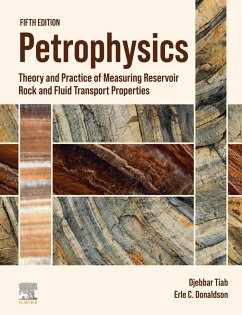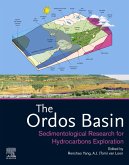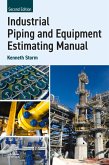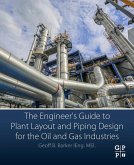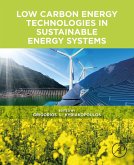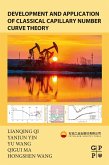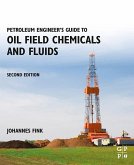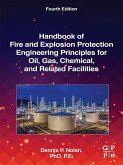Petrophysics, a seminal text in the field authored by recognized experts, now in its 5th edition, delivers information for reservoir engineers, production engineers and geoscience students fundamental to understanding rock-fluid interaction, and critical to maximizing reservoir performance while minimizing emissions and environmental impacts.
This new edition lays a foundation through an introduction to petroleum geology, including an overview of pre- and post- carbon emission concerns, porosity and permeability, formation resistivity and water saturation, capillary pressure, wettability, applications of Darcy's Law, naturally fractured reservoirs, stress effects on reservoir rock, reservoir characterization and well logs, fluid-rock interactions, shale gas and shale oil in unconventional reservoirs, and culminates in current studies on permeability from practical interpretation of pressure and rate transient analysis of tight and shale reservoirs.
Each chapter synthesizes relevant theory, studies and advances, methods, procedures, calculations, definitions, exercises and assignments designed to reinforce learning.
. Continues its longstanding, 28-year history as the leading book on petrophysics
. Captures advances in field technologies, reservoir evaluation and testing, porosity, permeability, updated calculations and indices in wettability, permeability, brittleness and fracability.
. Includes up-to-date discussions on carbon footprints and strategies to reduce emissions
. Each chapter synthesizes relevant theory, studies and advances, methods, procedures, calculations, definitions, exercises and assignments designed to reinforce learning
This new edition lays a foundation through an introduction to petroleum geology, including an overview of pre- and post- carbon emission concerns, porosity and permeability, formation resistivity and water saturation, capillary pressure, wettability, applications of Darcy's Law, naturally fractured reservoirs, stress effects on reservoir rock, reservoir characterization and well logs, fluid-rock interactions, shale gas and shale oil in unconventional reservoirs, and culminates in current studies on permeability from practical interpretation of pressure and rate transient analysis of tight and shale reservoirs.
Each chapter synthesizes relevant theory, studies and advances, methods, procedures, calculations, definitions, exercises and assignments designed to reinforce learning.
. Continues its longstanding, 28-year history as the leading book on petrophysics
. Captures advances in field technologies, reservoir evaluation and testing, porosity, permeability, updated calculations and indices in wettability, permeability, brittleness and fracability.
. Includes up-to-date discussions on carbon footprints and strategies to reduce emissions
. Each chapter synthesizes relevant theory, studies and advances, methods, procedures, calculations, definitions, exercises and assignments designed to reinforce learning
Dieser Download kann aus rechtlichen Gründen nur mit Rechnungsadresse in A, B, BG, CY, CZ, D, DK, EW, E, FIN, F, GR, HR, H, IRL, I, LT, L, LR, M, NL, PL, P, R, S, SLO, SK ausgeliefert werden.

